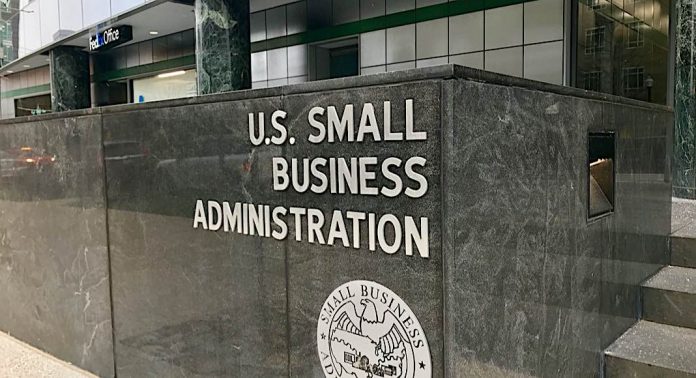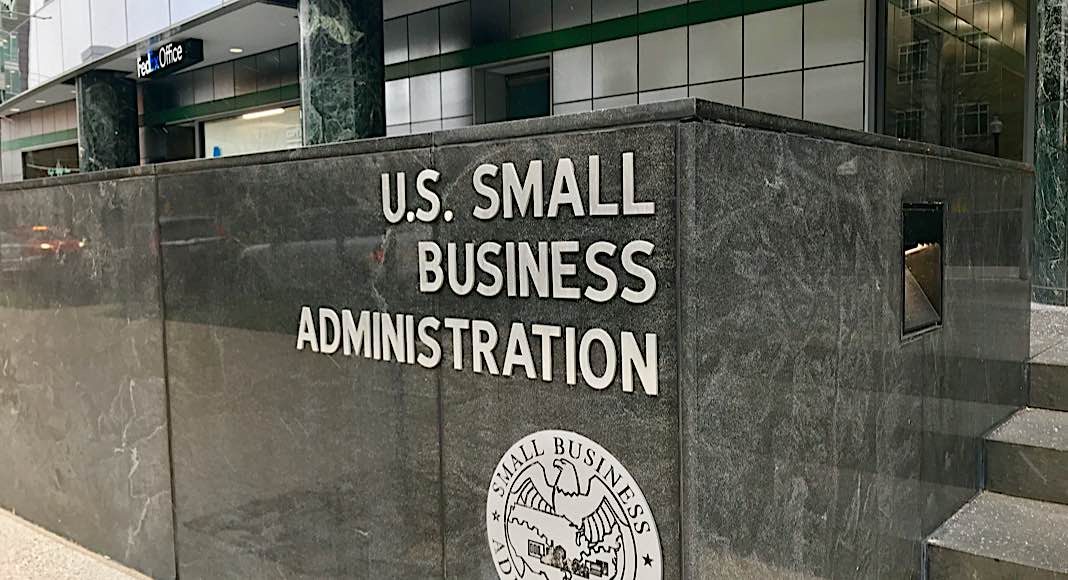
Distributing $ 349 billion in aid is no small task. And as expected, the very ambitious Paycheck Protection Program for SMEs adopted by Congress last week, encounters some obstacles.
For French entrepreneurs, the main concern related to their eligibility for these loans (convertible into grants). Tuesday, the SBA (Small Business Administration) had worried many entrepreneurs and bosses of subsidiaries of foreign companies by publishing a rule prohibiting any business where one of the owners up to 20% or more would be neither citizen nor permanent resident (holder green card).
This exception, in the form of footnote, had surprised the specialists, especially since the CARES Act adopted by the Congress did not mention any exception of this kind and on the contrary relaxed the usual rules of the SBA to open these emergency aid to the maximum of companies. "The text and spirit of the CARES Act and the historic position of the SBA should, in my view, allow American companies owned by foreigners to benefit from these loans" explained Valérie Demont, partner at Sheppard Mullin.
As of Wednesday, lobbyists and specialized lawyers expressed their surprise to the SBA and, off the record, were told that the rule could change before the official establishment. For its part, an SBA spokesperson informed French Morning that “the rules are not all finalized, things can change ”.
That’s what happened. Late Thursday evening, the SBA published a draft regulation (Interim Final Rule), whose object is to interpret the law with a view to its application. And there, good news for expatriates: the condition of citizenship or permanent residence (green card) has disappeared. Uncertainty nevertheless persisted for a few hours, the old form remaining online, until around 9 a.m. on Friday morning, a new version appeared, redacted from the footnote disputed. "The ambiguity is now resolved", notes Valérie Demont.
As a result, foreign entrepreneurs holding visas, as well as subsidiaries of foreign companies (provided they meet the criteria of SMEs) can apply for these loans. The "only restrictions that apply are the usual rules for SBA loans ” confirms Matthew Coleman, spokesperson for the SBA in New York. According to these rules, it is therefore, unsurprisingly, to be a company under American law, with activity in the United States. The following visas may notably be entitled to these loans: B-1; F-1 / OPT; H-1B; O-1A; E-2 Treaty Investor; L-1; or other visas with a valid work permit.
How to ask for help?
It is the licensed banks, not the SBA itself, that make these loans. They were due to start accepting the requests this Friday, but faced with the vagueness that still reigns over the rules put in place by the administration, some, like the Chase, announced that they would not be ready until Monday.
Once launched, the procedure must then go very quickly. Conditions are few:
-Have less than 500 employees (this limit applies by physical location in the food and hotel sector, so as to include in particular restaurant and hotel chains). For some industries, the ceiling can be up to 1,500 employees (see here). The self-employed (self-employed, freelancers, sole proprietor) also have access to these loans.
-Being in operation since February 15
-Have since February 15 had employees or hired freelancers (“Independent contractors”).
–Have been impacted by Covid-19 (the law simply requires a “good faith certificate” to meet this condition).
Banks are also prohibited by law from asking for any personal guarantee or any collateral.
How?
The loans cover in principle 2.5 months of the company's wages (average of the previous 12 months; only the salaries are taken into account, not the sums paid to “Independent contractors”) and can go up to $ 10 million. They are in principle repayable over two years with an interest rate of one percent. The bank must defer any payment (principal, interest or fees) by six months, but interest continues to accrue during this period.
Debt forgiveness
In the vast majority of cases, these loans will turn into a grant, at least partially. This is the case for the following amounts spent within 8 weeks of the loan being put in place:
-Salaries (and charges) (the independent contractors -1099- are excluded). Employees who are not based in the United States are also excluded.
– Interest on real estate loans put in place before February 15, 2020
-Rent if the lease existed on February 15, 2020
– “Utilities” (water, gas, electricity, etc.) for contracts that came into force before February 15.
To be able to benefit from the full amount of this subsidy (in the form of debt forgiveness), one must not have been dismissed or reduced wages by more than 25%. If layoffs have occurred, the subsidy may still be available, but will be reduced accordingly. In addition, employers who have already made redundancies but rehired these same people will also have the right to waive their claims.
Also read:
Other aid available for SMEs
Helping French traders in the US









